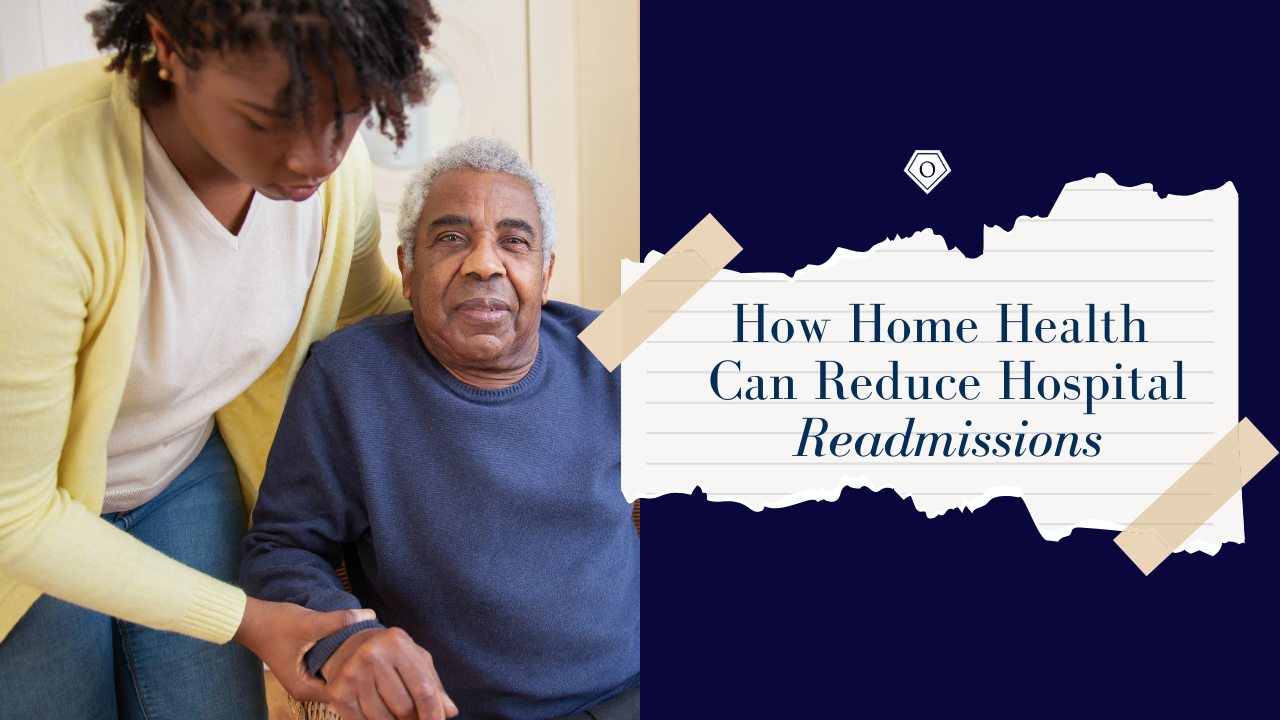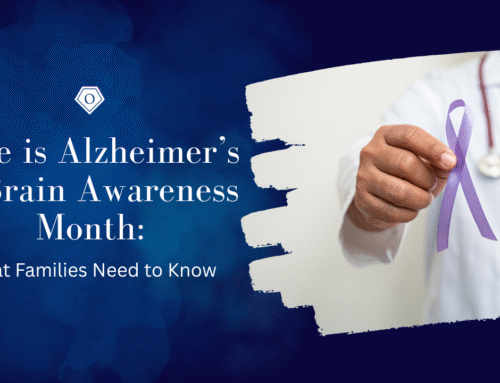When Dad finally came home after his hospital stay for pneumonia, everyone breathed a sigh of relief. At his age, even something as simple as a cold could feel like a mountain to climb, so pneumonia had shaken all of us. We set up his favorite chair by the window, made sure his medications were within reach, and tried to watch over him as best we could.
But within days, small issues started to pile up — confusion about medication timing, trouble getting out of bed safely, signs of dehydration.
Before we knew it, Dad was back in the hospital, facing another long and difficult stay.
Sadly, this situation is far too common for older adults. Many seniors return home still vulnerable, without enough support to fully recover. That’s where home health care becomes critical — providing the professional help needed to heal safely at home and avoid preventable readmissions.
Here’s how home health services help bridge the gap between hospital and home:
1. Professional Monitoring at Home
One of the main reasons patients are readmitted is that early signs of complications go unnoticed until they become emergencies. Home health nurses, therapists, and aides are trained to spot warning signs quickly — from changes in vital signs to subtle shifts in mobility or cognition. Early detection allows for fast intervention, often preventing a trip back to the hospital.
2. Medication Management
After a hospital stay, patients are often prescribed new medications, and confusion about dosages or side effects is common. Home health professionals ensure that medications are taken correctly and safely. They also educate patients and families about what each medication does and what side effects to watch for, drastically reducing medication errors — a leading cause of hospital readmissions.
3. Personalized Care Plans
No two patients are alike, and cookie-cutter recovery plans don’t work. Home health agencies develop individualized care plans based on each patient’s unique needs, diagnosis, and living situation. These personalized approaches ensure that care is focused, efficient, and aligned with the doctor’s orders, improving recovery outcomes.
4. Rehabilitation Services at Home
Physical therapy, occupational therapy, and speech therapy can often continue at home. Instead of traveling back and forth to outpatient facilities (which can be exhausting and risky for fragile patients), therapy is delivered in the comfort of home. Regular rehab helps patients regain strength, balance, and independence — key factors in staying out of the hospital.
5. Education for Patients and Families
Knowledge is power when it comes to recovery. Home health teams take the time to teach patients and caregivers about managing chronic conditions, recognizing red flags, using medical equipment correctly, and maintaining healthy habits. Empowered families are better equipped to support healing and prevent setbacks.
6. Emotional and Mental Health Support
Healing isn’t just physical — emotional well-being matters too. Feelings of isolation, anxiety, and depression are common after hospitalization and can negatively impact recovery. Home health workers provide companionship, encouragement, and emotional support, which are essential to a full and lasting recovery.
The Bottom Line: Home Health Bridges the Gap
Every year, thousands of seniors and medically vulnerable patients are readmitted to the hospital — often within just 30 days of discharge. Many of these readmissions could be prevented with proper follow-up care at home.
By choosing a trusted home health agency, families can feel confident that their loved ones have the expert support they need to heal, stay safe, and avoid the revolving door of hospital visits.
If you’re looking for compassionate, professional home health care that truly makes a difference, Onyx Home Care is here to help. Contact us today to learn more about how we can support your family’s journey to better health at home.
Dementia & Alzheimer’s Care
Onyx Home Care’s neurological disorder care is built around a system of support. This service includes skilled home care as well as a unique program that centers on the patient’s interests and stage of illness. Our goal is to see happy family members, patients and caregivers. Often times, caregivers feel remote. Our team includes each person in the home care process to provide inclusive care that helps the patient thrive.






